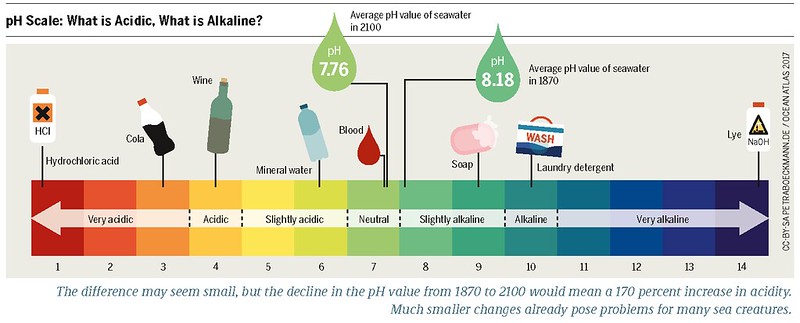The pH level of tap water in Glasgow, UK, is a crucial factor that affects its quality and safety for consumption. The typical pH range for Glasgow’s tap water falls between 6.5 and 9.5, with 7 being the neutral point. However, there have been instances where the pH level has dropped as low as 3.4, which can be harmful and cause a burning sensation in the mouth.
Understanding the pH Levels in Glasgow’s Tap Water
The pH level of tap water in Glasgow is influenced by various factors, including the water treatment processes and the presence of contaminants. The cleaning and chlorination methods used to ensure the water is safe to drink can sometimes alter the pH level, leading to a more acidic or alkaline water supply.
Contaminants and Substances in Glasgow’s Tap Water
In addition to the pH level, Glasgow’s tap water may also contain various contaminants and substances, such as:
- Chlorine
- Lead
- Copper
- Nickel
- Manganese
These substances can enter the water supply through old pipes, agricultural fertilizers, or other sources. While some of these substances are not harmful in small amounts, high levels can cause health issues or affect the taste and appearance of the water.
Balancing the pH Level of Tap Water in Glasgow
To balance the pH level of tap water in Glasgow, homeowners can use various home remedies, such as:
- Adding baking soda to raise the pH level
- Adding lemon juice to lower the pH level
However, it is essential to test the water regularly to ensure it is safe to consume. If you notice any unusual taste, smell, or appearance, you should report it to Scottish Water, the local water authority.
Using Water Filters and Purification Systems
If you are concerned about the pH level or the presence of contaminants in your tap water, you can consider using a water filter or purification system. These systems can remove impurities and balance the pH level, providing safer and better-tasting water.
Types of Water Filters and Purification Systems
There are several types of water filters and purification systems available, including:
- Pitcher filters
- Faucet-mounted filters
- Under-sink filters
- Whole-house filtration systems
Each type of system has its own advantages and disadvantages, so it’s essential to research and choose the one that best suits your needs and budget.
Monitoring and Reporting Water Quality Issues
To ensure the safety and quality of your tap water, it’s crucial to monitor it regularly and report any issues to the appropriate authorities. You can use the resources provided by Scottish Water and the Scottish Government to check the water quality in your area and understand the results.
Reporting Water Quality Issues
If you notice any problems with the taste, smell, or appearance of your tap water, you should report it to Scottish Water. They have a dedicated team that investigates water quality issues and works to resolve them.
Conclusion
The pH level of tap water in Glasgow, UK, is an important factor that affects its quality and safety for consumption. While the typical pH range falls within the safe limits, there have been instances of low pH levels that can be harmful. To ensure the safety and quality of your tap water, it’s essential to test it regularly, use home remedies or water filters to balance the pH level, and report any issues to the appropriate authorities.
References:
– Our Glasgow Water – urbanglasgow.co.uk
– Find the water quality in your area – mygov.scot
– What your results mean – mygov.scot
– Drinking water – Scotland Message Board – Tripadvisor
– Water Quality – Scottish Water

